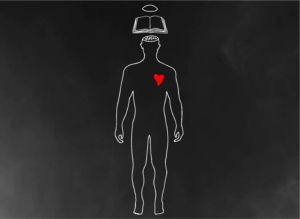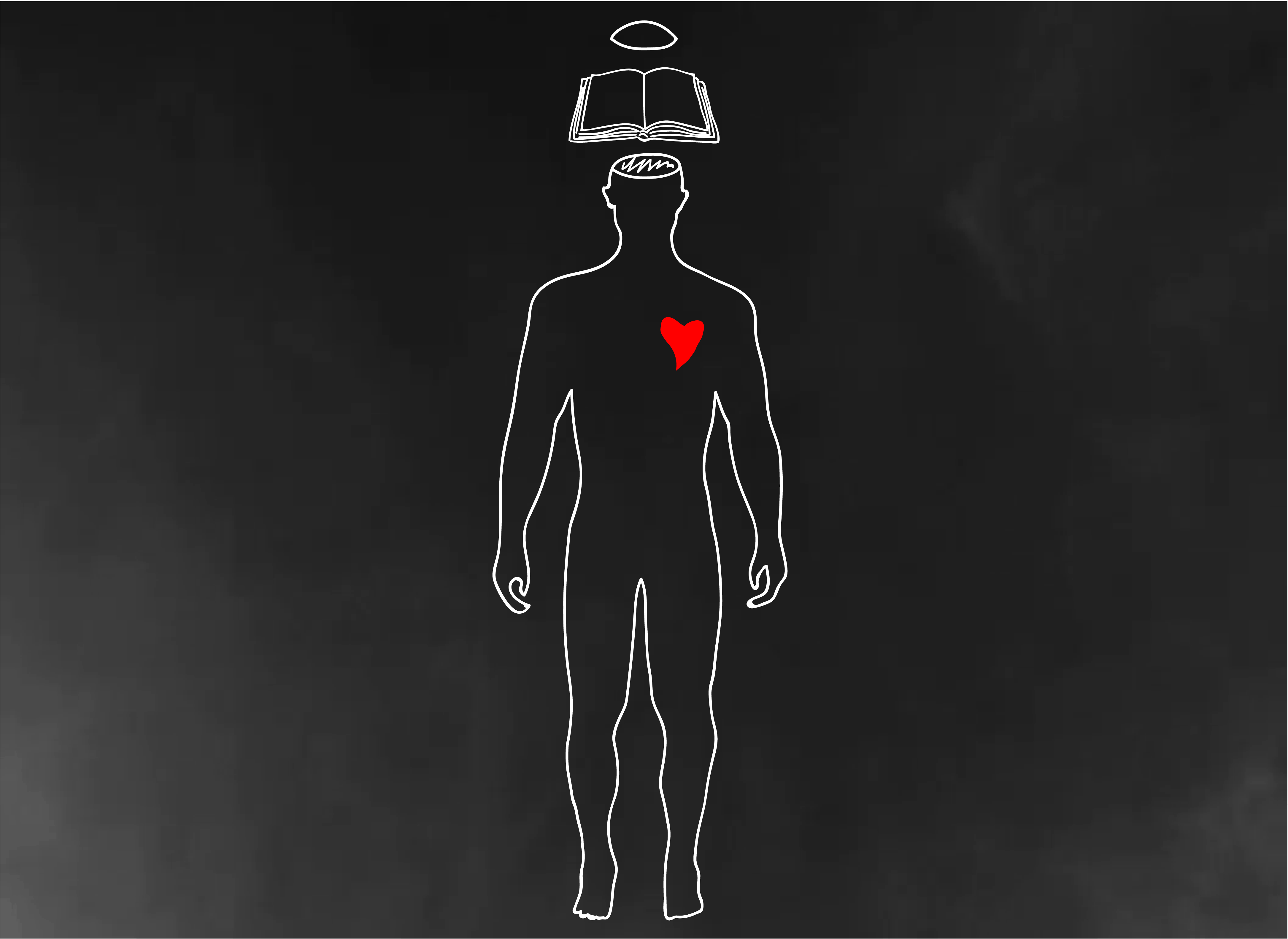
Illustration: Jason Sug
I do not know about you, but I have a hard time making dates, numbers and definitions stick in my brain. More often than not, they feel intangible and as soon as I manage to grasp one, another evaporates.
Since midterm season crept up on us — like Christmas season but with less Santa and more Malthus — I have been cursing the absurdity of memorizing a bulk of information that I am undoubtedly going to forget the minute I walk out of the exam room. So, after desperately trying to cram a two-hour lecture into my brain at one a.m, I decided to procrastinate and search ‘rote learning’ on Wikipedia. Before you judge me too fast for using a not-so-reliable source, let me remind you that it was past midnight and I was sorely caffeine-deprived.
After this quick internet search, my questions about the benefits of repetition-based learning were far from answered. I felt like I was in one of Shane Dawson’s conspiracy theories. Was I turning into a mere parrot, trained in the art of spitting out random facts? Was I being brainwashed by school?
On the other hand, is there a way to evaluate students which is entirely based on analytic skills and critical thinking rather than facts? If there is, would it disadvantage others who feel safer going into an exam room with their brains full to the brim with statistics, dates, and names? I do not pretend to know the answer, but I am sure there must be a way to rely less on rote learning. It feels wrong to stare at the same sentence for hours on end, willing it to adhere to my brain cells.
Furthermore, it feels as if by painfully memorizing the contents of our lectures, we lose our ability to question and criticize their content. I used to love doing extra research, finding weird facts on the internet, but I no longer have time for that. We all know the type of teacher, who, at the beginning of the course tells us to think outside the box, but who proceeds to hand out quizzes and schedule a million exams. When questioned on some of their methods, this type of teacher either avoids the question or retorts with “I have a PhD!” In my opinion, this is the result of generations of rote learning — a formula passed from teachers to students. It is the result of generations of thinking that the ability to recite five pages of math formulas makes us smart or disciplined.
Now, I am not saying that repetition (i.e walking around your room chanting Napoleon’s birth date over and over) is a bad way to assimilate your notes. There is definitely something to be said for its efficiency, and some basic facts such as essential algebra formulas or crucial dates make for appropriate targets of rote learning. Nevertheless, I’m a strong believer in the fact that understanding something is far more useful than simply memorizing it. Sure, you might get a lower grade on an exam, but in the long run, the things you have understood are the ones that stick, and the facts you spent hours memorizing are forgotten easily.
I am not naïve enough to think that one day the whole education system will base itself on experience-oriented learning, but I do hope that my children grow up in a less stressful environment, where they truly understand what they are learning.
Emilie Rappeneau is a French first-year Euram student from Poissy who writes for the Opinion section of The Sundial Press. She talks too much, sleeps too little and loves to write silly poems. When she’s not procrastinating, she can be found defending veganism, binge-watching Friends or playing the ukulele.
Are you angry? Do you disagree? Write a response column by first contacting the editor, and we’ll publish your dissenting opinion.
Other posts that may interest you:
- Quand la sécurité prend le pas sur la liberté : les défauts du règlement Dublin
- The Pros and Cons of Effective Altruism
- When the Economy Screams, We Bleed
- An industry sewn with denial
Discover more from The Sundial Press
Subscribe to get the latest posts sent to your email.





